Introduction: Age is Just a Number
Aging is not lost youth but a new stage of opportunity and strength. - Betty Friedan. This quote perfectly encapsulates the journey we're on today. Aging is often seen as a downhill slide, but what if it’s merely an opening to deeper human potential? In the era of technology, especially with the rise of artificial intelligence (AI), we find ourselves standing at the crossroads of biology and innovation. The intersection of these realms could lead us not just to a longer life, but to a life with purpose and vigor.
So, the million-dollar question is: Can artificial intelligence really help us unlock the secrets of aging and perhaps even grant us the mythical fountain of youth? The stakes are high, and so are the ambitions of scientists, researchers, and tech gurus. As luminaries like Heidi Lemmon, who has explored the intersection of AI and health, and Aubrey de Grey, a pioneering researcher in aging, have suggested, the age of immortality may not be as far-fetched as it seems.
In this exploration, we'll examine how AI is transforming the scientific landscape and how we might harness its power to decode the biological clock that governs life. Strap in, because we're about to take a journey filled with hope, intrigue, and a sprinkle of humor—because let's face it, no one wants to be serious about eternal life!
1. Understanding Aging: A Biological Puzzle
The biological aging process is a tricky puzzle that remains one of science's toughest challenges. Why does an apple go from fresh and crunchy to brown and mushy? Just like our own bodies, aging is the gradual process of degradation, but unlike that apple, we have a lot of theories trying to explain why it happens!
1.1 Theories of Aging
Several popular theories exist when it comes to aging. Take the Telomere Shortening Theory as an example. Imagine your shoelaces. The plastic tips, called aglets, keep the laces from fraying. Telomeres act similarly at the ends of our chromosomes. Each time a cell divides, the telomeres get shorter. Once they're too short, the cell can’t divide anymore, which leads to aging. It's the body’s way of saying, “Okay, that’s enough; time to retire.” Similarly, the Free Radical Theory of Aging posits that an accumulation of damage from these pesky molecules called free radicals causes our cells to malfunction, encouraging the aging process. In simpler terms, think of free radicals as the tiny gremlins causing havoc in your biological machinery. Just in case they pop up in your life: wear sunscreen!
1.2 The Role of Genetics
Genetics plays a crucial role in how we age. Have you ever heard the phrase, “the apple doesn’t fall far from the tree?” Well, in the case of aging, our genes can be the tree! Various genetic factors can dictate how our bodies respond to aging and the environment. What if we could harness this knowledge through techniques like genetic engineering to turn back the clock? Imagine a world where genes shuffle themselves like a deck of cards, saying, “Wait—I think I’ll keep the youth card a little longer.” Such explorations lead to the fascinating field of longevity research, where AI seeks to decipher our DNA, helping us discover new paths to extend not just life, but the joy and vitality that come with it.
2. The Evolution of AI in Biology
The early stages of AI integration into biological research have laid the foundation for monumental breakthroughs. It’s like watching a toddler take its first steps—exciting and a little wobbly, but definitely paving the way for something great. Information is now coming at us faster than we can process it, but AI is here to help as our analytical superhero!
2.1 Data Analysis and Pattern Recognition
AI's analytical capabilities can process massive amounts of biological data, identifying patterns that inform aging research. Consider how researchers used to sift through data like it was an old-fashioned library—now they have AI, which acts like Google on steroids! Machine learning algorithms can find hidden connections, opening new doors in the rich maze of genetics and cells.
A study from the Nature Journal highlighted how AI helped researchers predict health outcomes based on genetic information. Imagine you have a secret code, and AI is the key that unlocks the treasure chest full of insight!
2.2 Case Studies of AI Successes
Let’s take a moment to highlight fantastic instances when AI made a significant impact on biology. One spectacular case involves Insilico Medicine, a company utilizing AI to analyze a plethora of biomedical data. Their AI-powered platform has already led to breakthroughs in drug discovery that would take humans eons to achieve!
By doing this, AI is giving scientists the "Siri" they never knew they needed. When AI calls the shots, it isn't just about finding needles in haystacks; it's about discovering the entire barn full of potential life-saving solutions!
3. Biotechnological Innovations: The Tools for Transformation
Biotechnology is rapidly evolving, driven by AI-generated insights that offer new ways to intervene in the aging process. Think of it like upgrading your smartphone from a flip phone to one that can fly—now we're getting somewhere! In this age of wonder, let’s break down some incredible innovations!
3.1 Gene Editing and CRISPR Technology
Let’s talk about CRISPR—a revolutionary gene-editing tool that’s been called the Swiss Army knife of biotechnology. Backed by AI advancements, CRISPR can alter genetic markers associated with aging. Think of CRISPR as a fantastic editor for your DNA, correcting typos that could lead to aging problems faster than you can say “Let’s edit some genes!”
A remarkable study from the Nature Journal showed how CRISPR has the potential to correct genetic mutations that could slow down aging. This chic piece of tech is changing the game, turning cellular "oopsies" into a proper "let’s make this life last longer”!
3.2 Regenerative Medicine and Stem Cell Research
Now, regenerative medicine is like the magic wand of the biology world, helping to create new cells to replace damaged ones. AI optimizes stem cell therapies to promote tissue regeneration and combat age-related degeneration. Imagine if your old, worn-out sneakers could magically become fresh brand-new kicks just because they wished for it. That’s regenerative medicine in action!
Companies like Cellectis are spearheading this charge, merging AI with stem cell research. Some projects aim to engineer stem cells that can regenerate degenerated organs or tissues, actually reversing damage caused by aging. With this kind of magic, the fountain of youth is getting a little closer!
4. The Ethical Dimensions of AI and Longevity
As we stand at the crossroads of science and morality, the pursuit of immortality raises numerous ethical questions. With AI driving breakthroughs in longevity, it is essential to examine the moral implications that come with extending human life. These discussions reshape the way we think about existence, fairness, and the future of humanity.
4.1 Morality of Immortality
Think about it: if we could live indefinitely, who would have access to this new life? Would it be a privilege for the wealthy, or could it benefit everyone? Here are some questions to ponder:
- Access: Would life-extending technologies be equitably available, or only to those who can afford them?
- Disparity: How would a longer lifespan impact socio-economic divides? Would we see a richer elite living infinitely while the rest languish?
- Quality of Life: Is living longer synonymous with living better? What about the quality of life in extended years?
Debates around the morality of immortality often lead to more profound reflections on what it means to be human. Would the thrill of knowing your next birthday won’t mark the end of year after year influence our approach to life? In wrestling with these moral dilemmas, we reconsider the very essence of our human experience.
4.2 Regulations and Governance
With great power comes great responsibility—especially when it comes to the revolutionary potential of AI in biotechnology. We must ensure that this technology is used ethically. Here are some critical aspects to consider:
- Frameworks for Guidelines: It’s vital to establish clear guidelines on how AI will be used in research and application.
- Regulatory Bodies: The formation of dedicated regulatory bodies may be necessary to oversee AI-driven technologies.
- Public Input: Engaging the public in discussions regarding immortality can ensure diverse opinions shape regulations.
Seeking common ground in these ethical discussions helps guide us as we navigate the uncharted waters of longevity. Together, we can create a moral landscape that champions the greater good while embracing the miracles that AI can offer.
5. Existential Reflections: The Meaning of Life and Death
The idea of living forever isn’t just a scientific question; it's a profound philosophical exploration. Immortality prompts us to reflect on deep existential queries. What would it truly mean to live forever? Would our lives hold the same value? Let’s journey through these reflections together.
5.1 Philosophical Implications
As we toy with the notion of eternal life, various philosophical perspectives come into play. Consider the following:
- Identity: How would your identity evolve over centuries? Would you still be the same person after years of existence?
- Purpose: Does having unlimited time change our purpose? If there are no deadlines, do our aspirations wane?
- Value of Life: Would the preciousness of life diminish if we could live forever? Would we take experiences for granted?
These questions explore how immortality reshapes our understanding of identity and future possibilities. Each perspective invites further contemplation about life as we know it.
5.2 The Social Landscape
Imagine a world where people no longer fear the end of life. While this might sound enticing, it could create new challenges:
- Overpopulation: As lifespans extend, how would we manage resources needed for greater populations?
- Interpersonal Conflict: Would longer lives lead to competition for resources or positions? Would society fracture around differing views on immortality?
- Cultural Shifts: As our understanding of life evolves, how would cultures and customs adapt to these immense changes?
Understanding these potential social shifts allows us to prepare for a future where living indefinitely becomes a reality. We must evaluate not just what life could be like, but also how we can build a better society for everyone.
6. AI Solutions: How Would AI Tackle This Issue?
Developing a concrete strategy using AI requires a multifaceted approach. As we dive into potential AI solutions, it’s essential to think outside the box, fueling the imagination for a future where biological aging could be addressed using innovative technologies.
6.1 AI Predictive Models
Imagine a world where algorithms predict physiological deterioration before it happens. By employing machine learning algorithms, researchers can analyze genomic data to predict aging patterns. These predictive models could help identify individuals at risk of age-related diseases before symptoms manifest. With insights derived from data, personalized prevention strategies can be crafted, ushering in a new era of preventative healthcare.
6.2 Screening and Drug Discovery
AI can revolutionize the drug discovery process. By building frameworks that optimize the design of age-related therapies, researchers can significantly speed up the discovery of new drugs. An example of this technology in action is Insilico Medicine, which uses AI to identify new drug candidates, pushing the boundaries of what biotech companies have achieved thus far.
6.3 Personalized Medicine
Personalized medicine is no longer a futuristic concept; it’s already here. AI can help create individualized treatment plans by analyzing personal health data—everything from genetic information to lifestyle factors. By focusing on the unique needs of each patient, healthcare becomes more effective, minimizing trial and error in treatments. Companies like 23andMe are paving the way for understanding genetic influences and tailoring medical interventions accordingly.
6.4 Collaborative Research Networks
Academic institutions, biotech firms, and healthcare organizations need to share knowledge, tools, and resources to accelerate the fight against aging. Establishing networks that facilitate collaboration can lead to groundbreaking discoveries. For instance, partnerships like the National Institutes of Health (NIH) bring together diverse expertise, allowing myriad perspectives to contribute to tackling age-related challenges collectively.
Conclusion: Navigating the Path to Immortality
The journey toward understanding and potentially overcoming aging through AI represents a thrilling frontier in science. With AI stepping up as an ally rather than just a tool, we can embrace the complexity of life and aging with newfound vigor. By combining predictive models, optimizing drug discovery, personalizing medical care, and fostering collaborative research, we can construct a roadmap for progress that could benefit all of humanity.
Now, imagine how this roadmap would look if we took inspiration from historical milestones like the Manhattan Project, adjusting it for today's technological landscape.
Action Schedule/Roadmap
Day 1: Assemble a multidisciplinary team, including geneticists, data scientists, bioethicists, and physicians. Secure partnerships with biotech companies and academic institutions.
Week 1: Conduct workshops to identify critical aging biomarkers. Define project goals, including a mission statement emphasizing the ethical dimensions of pursuit.
Month 1: Establish a digital repository for biological data from various sources, ensuring diversity to cover a broad spectrum of genetic backgrounds.
Month 2: Initiate AI predictive models analyzing baseline aging patterns via historical data. Trial existing machine learning frameworks on earlier datasets for results.
Month 3: Collaborate with companies like Zerocater or university research groups specializing in computational biology to conduct initial lab tests using AI-derived insights.
Year 1: Begin clinical trials with a focus group. Ensure a diverse demographic to evaluate treatment efficacy across various age groups.
Year 1.5: Publish early findings, initiating a public discussion around the implications of extending life. Create a press kit highlighting breakthroughs for transparency.
Year 2: Launch a global conference bringing together stakeholders—from scientists to ethicists—to present findings and explore ramifications of prolonged lifespans on society. Engage with social media platforms and blogs like iNthacity.com to foster ongoing dialogue around longevity.
This carefully crafted strategy would ensure participants benefit from shared knowledge and innovation, accelerating the quest for longevity while considering ethical responsibilities. By adopting such forward-thinking strategies, humanity can embark on its most daring exploration: unlocking the secrets of aging.
FAQ
- What is AI's role in aging research? AI plays a crucial role in aging research by processing huge amounts of biological data. It uses strong algorithms to find patterns that help scientists understand how aging works. For instance, AI has the potential to analyze genomic data from different studies, helping researchers identify key markers of aging. This is similar to how businesses analyze customer data to improve services.
- Will AI completely eradicate aging? While researchers are optimistic about the role of AI in slowing down age-related processes, eradicating aging entirely is still a goal far in the future. Scientists liken aging to a complex puzzle, where AI helps piece together parts of the picture. Studies indicate that instead of living forever, the aim is to significantly improve health during the aging process. For more information, check out resources from the National Institute on Aging.
- How does biotechnology work in the context of AI? Biotechnology uses advanced techniques to modify living systems. For example, CRISPR technology can edit genes to prevent certain age-related diseases. AI enhances biotechnology by analyzing data to predict which modifications might be most effective. This collaboration is similar to how a sports team combines strategy with skill training to improve performance.
- What ethical concerns surround AI-assisted longevity? Several ethical issues arise with the quest for extended life through AI. Key concerns include who will have access to these advancements and the potential social divides that may occur. If only a few can afford life-extending treatments, it could lead to vast inequality. Additionally, there are questions about the quality of life for those living much longer. If you're interested in exploring these dilemmas, look at the work being done by The Ethics & Compliance Initiative.
- What is the significance of personalized medicine in this field? Personalized medicine is all about tailoring medical treatments to each person’s unique genetic makeup. AI assists in this by analyzing individual data to create customized treatment plans, which can significantly improve the effectiveness of therapies. Imagine a key designed specifically for your lock; it fits perfectly and works flawlessly. For further reading, check out National Institutes of Health’s Innovations in Medicine, where personalized medicine is a hot topic.
Key Points Summary
| Question | Answer |
|---|---|
| What is AI's role? | Processes and finds patterns in biological data |
| Can AI eradicate aging? | Not entirely; aims to improve health during aging |
| How does biotech work with AI? | Aids gene editing and therapy prediction |
| What ethical concerns exist? | Access inequality and quality of life issues |
| What is personalized medicine? | Customizes treatment based on individual genetic data |
Wait! There's more...check out our gripping short story that continues the journey: Elysium
Disclaimer: This article may contain affiliate links. If you click on these links and make a purchase, we may receive a commission at no additional cost to you. Our recommendations and reviews are always independent and objective, aiming to provide you with the best information and resources.
Get Exclusive Stories, Photos, Art & Offers - Subscribe Today!

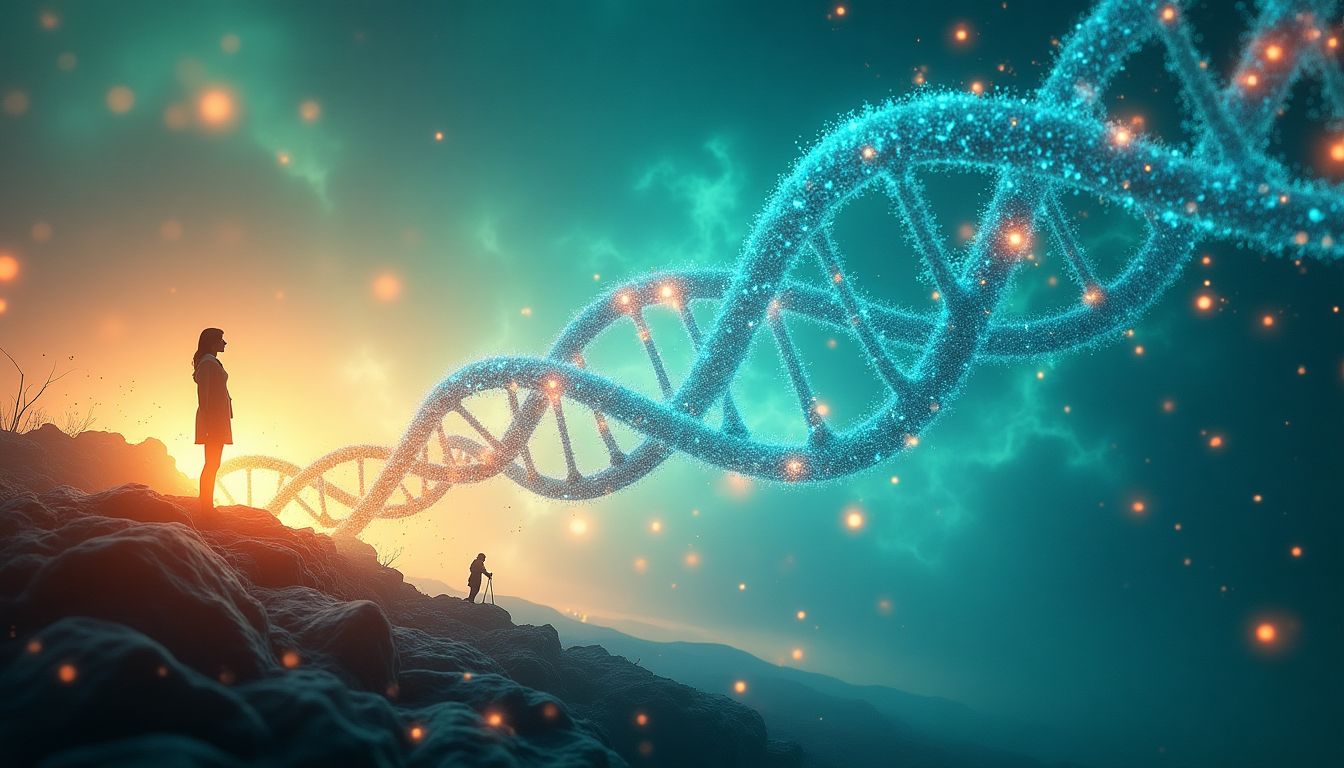
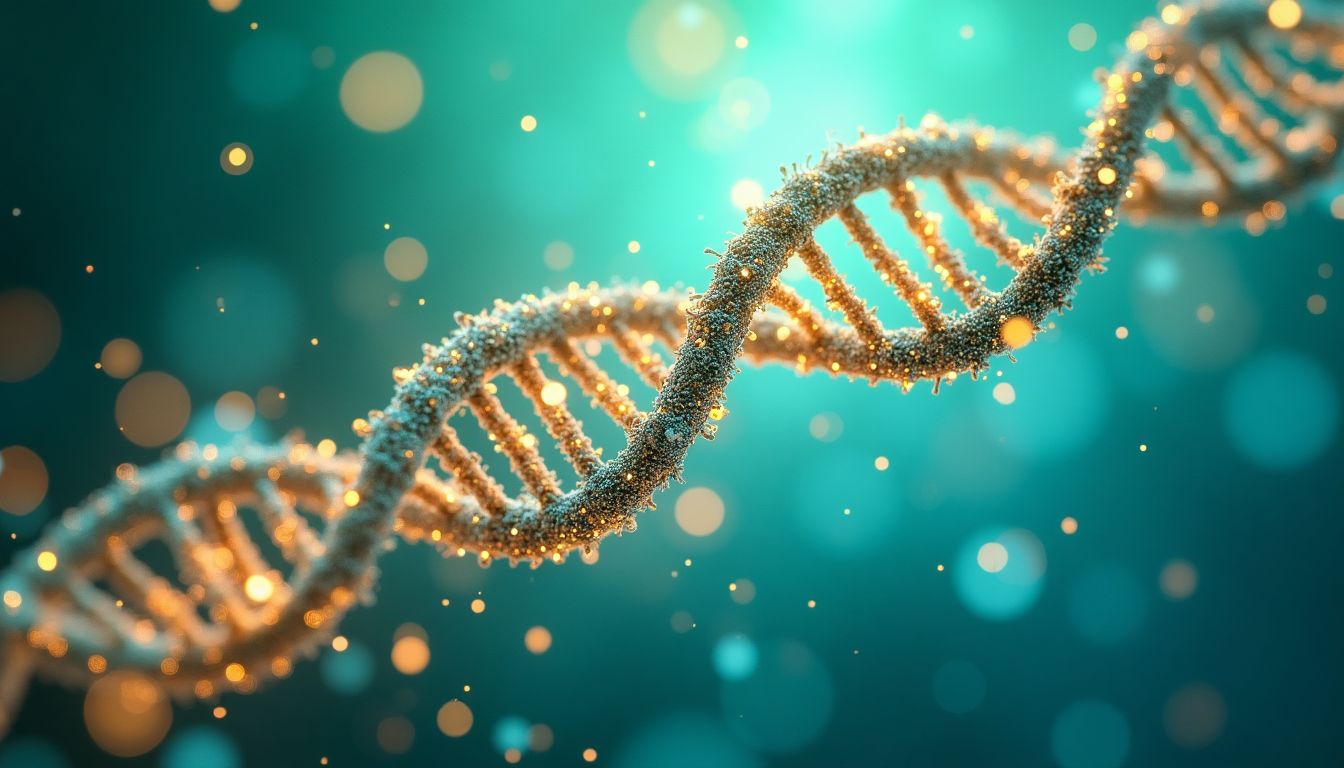
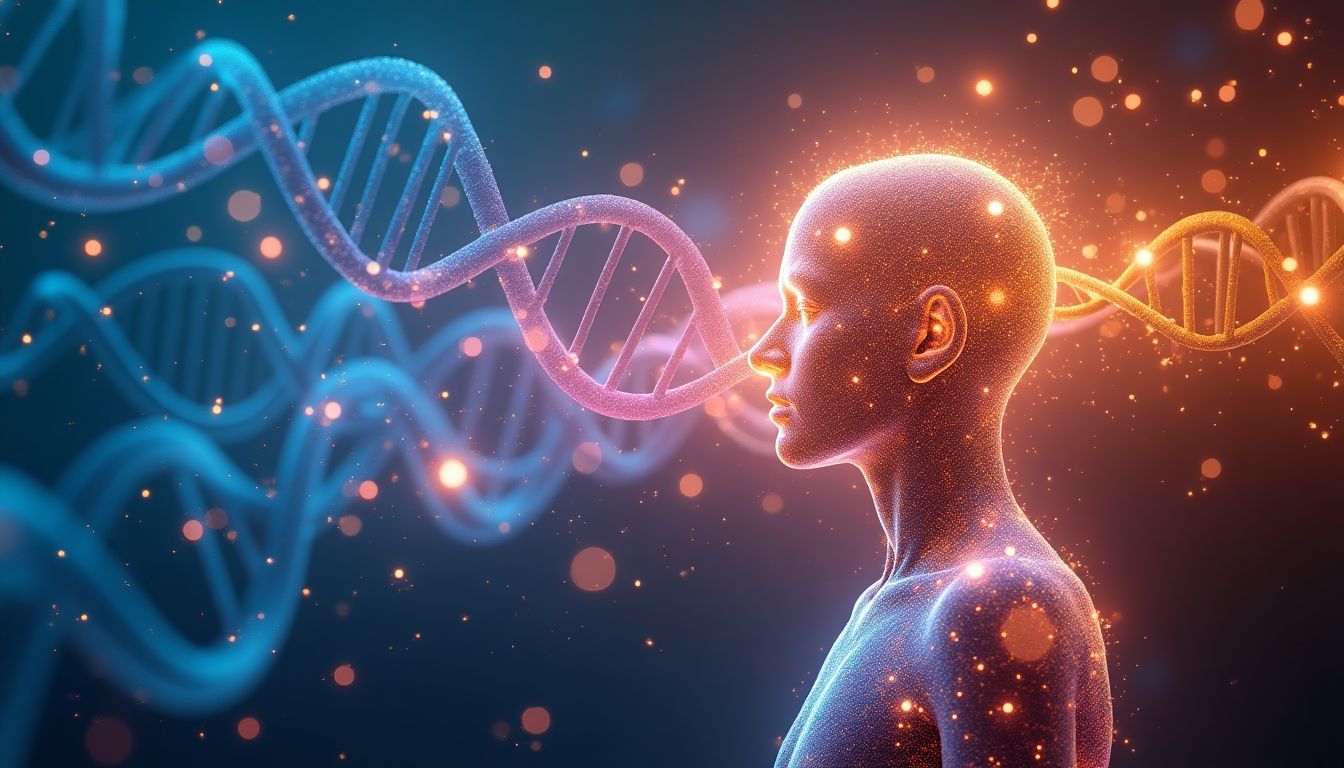
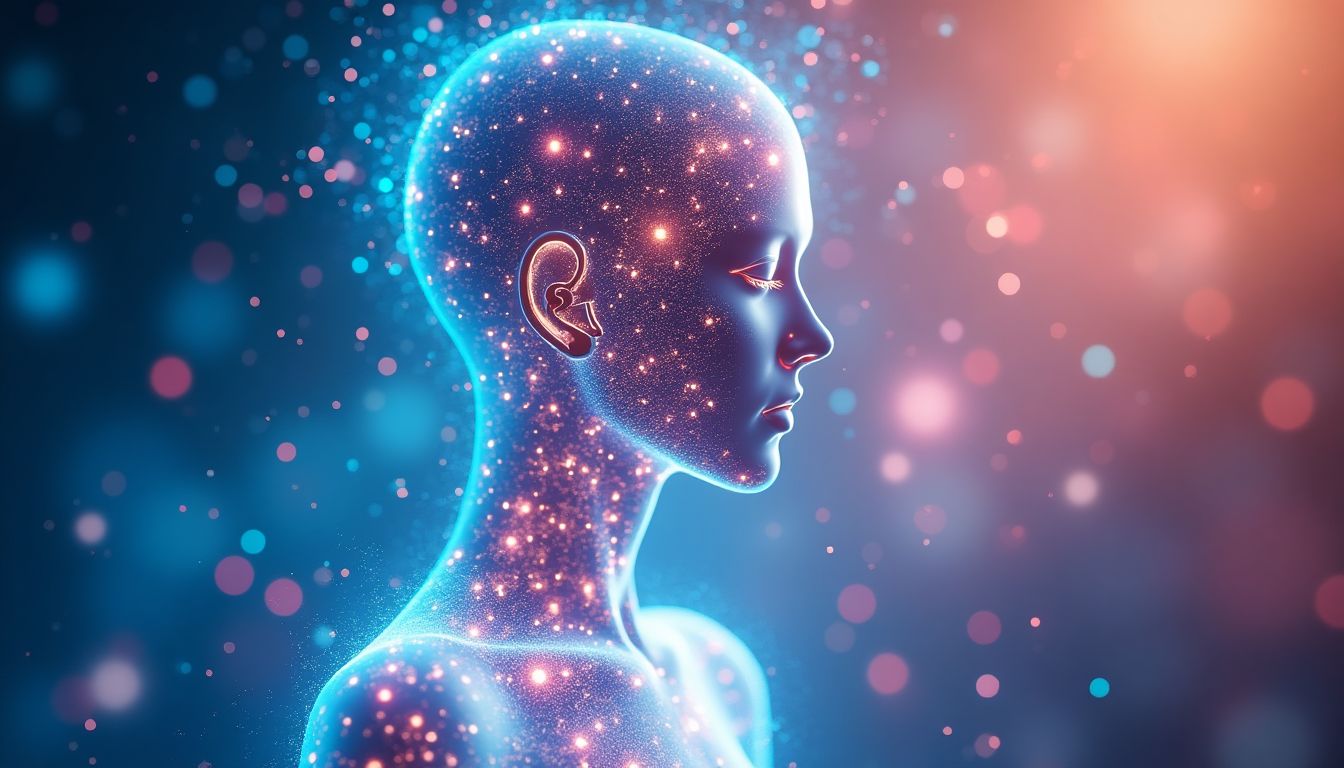

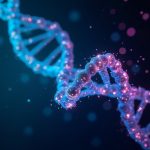


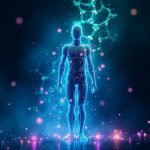



















Post Comment
You must be logged in to post a comment.